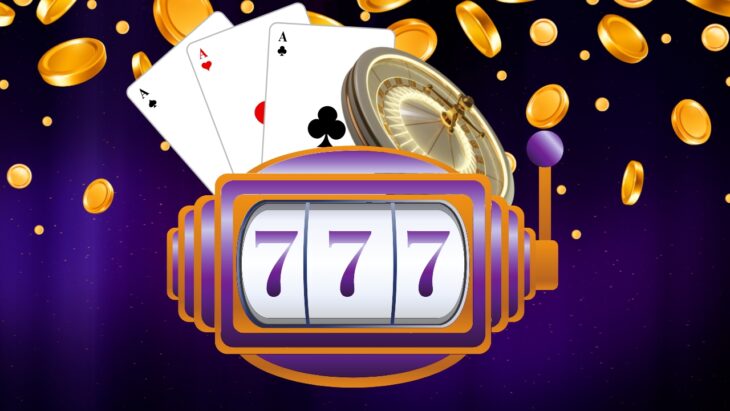Slot machines, those beacons of entertainment found in casinos worldwide, aren’t just visual and auditory spectacles but wonders of modern mathematics and computer science.
Knowing the algorithms that drive these machines is like unraveling a mystery written in code and probability. Let’s discuss the fascinating world of slot machine algorithms and uncover the math that keeps these spinning wheels in motion.
Table of Contents
ToggleThe Heart of the Machine: Random Number Generators (RNG)
At the core of every slot machine, whether it’s a classic Vegas-style machine or a modern online slot, lies a Random Number Generator (RNG). This is a computer program designed to generate a sequence of numbers or symbols that cannot be reasonably predicted better than by random chance.
Imagine RNG as a digital dice roller, endlessly rolling out results with no discernible pattern. Each spin of the slot machine is equivalent to a roll of this dice, with the outcome determined by the RNG at the precise moment you hit ‘spin.’
Ensuring Fairness and Unpredictability
One common misconception is that slot machines are programmed to have ‘hot’ or ‘cold’ streaks. However, due to the nature of RNGs, each spin is completely independent of the last. It’s like flipping a coin; each flip has no memory of the previous one.
This independence is crucial for ensuring fairness and unpredictability in slot games.
If you’re curious about different online slot machine options and want to explore various online casinos, a resource like FruitySlots can be invaluable. This platform provides detailed reviews and rankings of numerous online casinos, helping you make informed decisions about where to play.
Traditional Mechanical Slots vs. Modern Computerized Slots
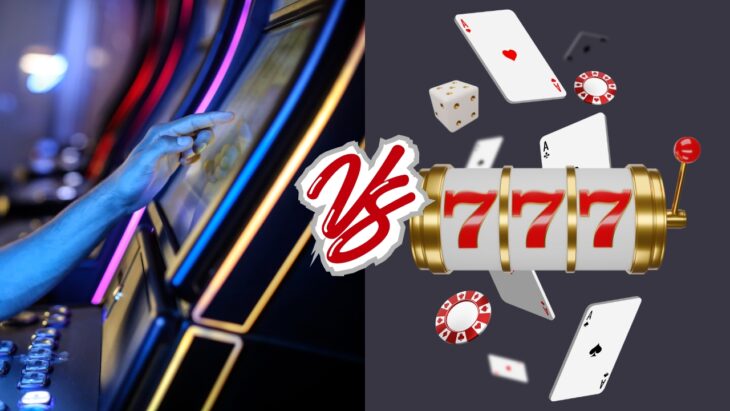
While older mechanical slot machines used gears and levers, modern slots are powered by computer algorithms. The transition from mechanical to digital has significantly expanded the possibilities in slot game design, allowing for more reels, symbols, and paylines.
The Evolution of Slot Technology
This evolution from mechanical to digital is akin to the shift from traditional mail to email. Where once physical constraints limited the system, technology has opened up a world of possibilities in terms of speed, efficiency, and complexity.
The Math Behind Slot Machines
- Reels and Symbols: Slot machines have reels with different numbers of symbols. The probability of hitting a winning combination is calculated based on these symbols and reels. For instance, if a machine has three reels with 10 symbols on each, the chance of landing a specific combination is one in 1,000 (10 x 10 x 10).
- The House Edge: Casinos are businesses, and like any business, they need to turn a profit. The house edge, which can be up to 10% for slot machines, ensures this. This edge means that over time, the casino will keep a portion of the total money wagered.
The Cost and Payouts of Slot Games
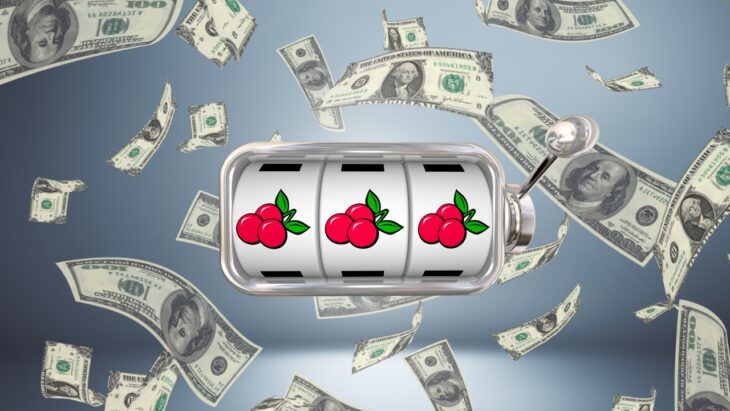
The pricing of a slot game involves a delicate balance. Casinos consider factors like player traffic, the cost of running the game, and the desired profit margin. The goal is to attract players while ensuring profitability.
Payback Percentages
A slot machine’s payback percentage is the amount of money it pays back to players over time. For example, a 90% payback means that over a long period, the machine will return 90% of the money wagered, keeping 10% as profit.
Online Slots: The Digital Frontier
- The Rise of Online Gambling: Online gambling has skyrocketed in popularity, with a significant majority of gamblers now playing from the comfort of their homes. This shift has led to an explosion of online slot options, leveraging the power of modern computing to offer a diverse array of games.
- How Online and Physical Slots Compare: While the underlying algorithm of online slots is similar to physical machines, the digital format allows for more intricate graphics, themes, and interactive elements, enhancing the player’s experience.
The Psychology of Slot Machines
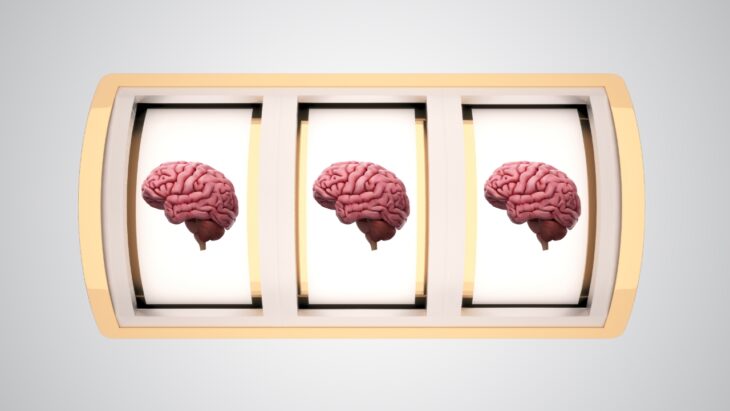
Designing for Addiction
Slot machines are meticulously crafted to captivate players. From the bright lights and engaging sounds to the promise of big payouts, these machines are designed to stimulate and entice.
The Role of Slot Tournaments and Player Engagement
Casinos often host slot tournaments to draw in players. These events create a sense of competition and community, adding an extra layer of excitement to the slot-playing experience.
What Are Your Chances of Hitting the Jackpot?
The probability of hitting a jackpot on a modern slot machine is a topic of great interest. It’s incredibly slim, typically around 0.000004.
This number might seem discouraging, but it’s essential for maintaining the mega-jackpot appeal. It’s akin to the lottery; the rarity of winning is exactly what makes the prize so desirable and the game so thrilling.
The Science of Rarity and Excitement
This rarity is not just a business tactic; it taps into a fundamental aspect of human psychology. The excitement and anticipation generated by the possibility of hitting a jackpot, no matter how slim the odds, create a powerful draw for players.
Does Your Strategy Affect the Outcome?
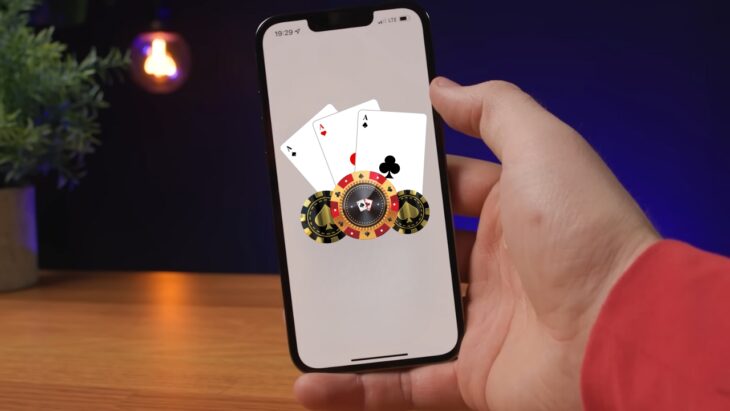
Many players wonder if their strategy can influence the outcome of a slot game. The truth is, because of the RNG, what you do has no impact on the outcome of each spin.
Each spin is a separate event, much like each toss of a coin is independent of the previous one.
Playing Responsibly
While the allure of slot machines is undeniable, it’s important to approach gambling responsibly. Setting limits on time and money spent is crucial to ensure that gambling remains a form of entertainment, not a problematic habit.
FAQs
Can a Casino Alter the Payout Percentage of A Slot Machine on The Fly?
No, casinos cannot change the payout percentage of a slot machine instantly. Such changes usually require physical adjustments to the machine and often need regulatory approval.
Do Higher Denomination Slots Offer Better Odds?
Yes, typically, higher denomination slot machines offer slightly better odds or higher payback percentages compared to lower denomination machines.
Are Slot Machine Spins Truly Random, or Are They Programmed for Certain Outcomes?
Slot machine spins are truly random. The RNG ensures each spin is independent and not programmed for specific outcomes.
Do Using a Player’s Card or Membership Affect the Outcome of Slot Games?
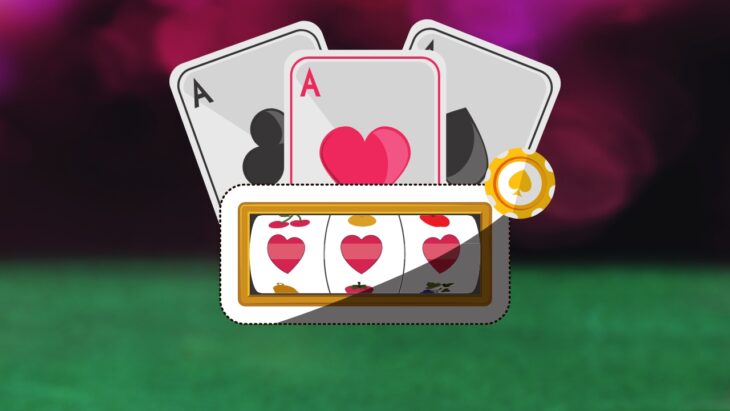
No, using a player’s card or casino membership has no effect on the outcome of slot games. The RNG algorithm operates independently of such factors.
Is There a Best Time of Day to Play Slot Machines for Better Chances of Winning?
No, there is no best time of day to play slot machines. The RNG ensures that each spin is random, making the odds the same at any time.
Can the ‘stop’ Button Influence the Outcome of A Spin in A Slot Game?
No, the ‘stop’ button does not influence the outcome. It simply stops the animation of the reels, but the outcome is already determined by the RNG at the moment of spin.
Final Words
Slot machines, whether in the buzz of a casino floor or the digital realm of online gaming, are more than just a game of chance. They are a complex blend of mathematics, computer science, psychology, and business strategy.
Understanding the algorithms behind them deepens our appreciation of their intricacy and the ingenuity that goes into their design. Remember, the next time you press that ‘spin’ button, you’re engaging with a sophisticated algorithm designed to entertain, challenge, and fascinate.
